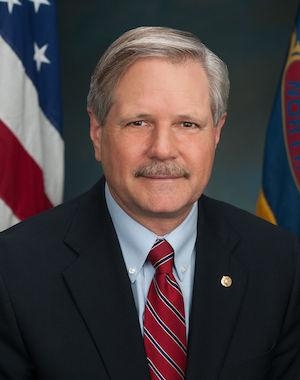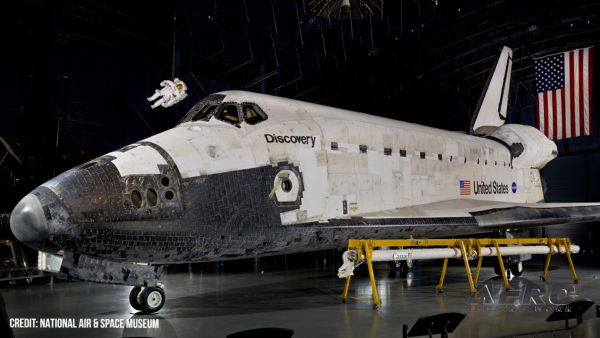Says Drones Are 'Invaluable' In Border Security Efforts, But Can Also Present Challenges
At a hearing of the Senate Appropriations Committee on Homeland Security this week, Senator John Hoeven (R-ND) urged Kirstjen Nielsen, Secretary for the Department of Homeland Security (DHS), to advance efforts to protect against the potential misuse of unmanned aerial systems (UAS). Hoeven also outlined the importance of DHS building partnerships with other organizations to train its UAS pilots and ensure it has adequate personnel for Customs and Border Protection’s (CBP) fleet of unmanned aircraft, similar to CBP’s Pathways Program at the University of North Dakota. The senator and Secretary Nielsen are working on a timeline for her to visit Grand Forks this summer. Hoeven is advocating utilizing Grand Forks’ UAS facilities and expertise to develop counter UAS technologies and to train additional pilots. As a member of the Senate Appropriations Committee, Hoeven is working to fully fund efforts to develop counter-UAS technology and provide the flexibility DHS needs to hire and
train its personnel.

“UAS has proven invaluable in strengthening our border security efforts, especially in regions like North Dakota where we are responsible for 900 miles of border,” said Hoeven (pictured). “However, with the development and adoption of this technology, we are facing new challenges. This includes detecting and countering the misuse of UAS, for instance to smuggle drugs, and ensuring we have enough pilots to man these aircraft. I appreciate Secretary Nielsen’s continued good work in this area, and we will continue to partner with her and provide the funding and legislation she needs to address these priorities.”
This week’s hearing dovetails with Hoeven’s efforts to enhance the nation’s UAS operations in order to strengthen national security. Hoeven secured a commitment from Nielsen to pursue this priority and invited her to visit North Dakota to see firsthand the work of the Grand Sky Technology Park, the Northern Plains UAS Test Site, the CBP UAS facility and the Grand Forks Air Force Base.
In addition, Hoeven joined Transportation Secretary Elaine Chao this week to announce that North Dakota was selected as one of ten sites to participate in the FAA's UAS integration pilot program. As part of this program, the North Dakota test site and the state’s UAS industry will be on the forefront of establishing the safe operation of unmanned aircraft in the national airspace (NAS), providing regulatory certainty for UAS operators and ensuring privacy concerns are addressed.
The state’s inclusion in the FAA pilot program reinforces North Dakota’s role as a leader in the future of the UAS industry. This includes developments in low altitude beyond-visual-line-of-sight applications, UAS detection/counter-UAS technologies and the National Aeronautics and Space Administration’s (NASA) unmanned traffic management (UTM) system. The state is able to make advancements in these areas due to two components Hoeven helped secure in recent years:
Authorization for the Northern Plains UAS Test Site to oversee UAS operations that go beyond the visual line of sight of the operator. Upgrades for the DASR-11 digital radar systems at the Grand Forks Air Force Base and a similar system at Hector Field in Fargo.
(Source: Sen. John Hoeven news release. Image from file)
 NTSB Prelim: Piper PA-23
NTSB Prelim: Piper PA-23 Classic Aero-TV: One Mans Vietnam
Classic Aero-TV: One Mans Vietnam NTSB Final Report: Capella Aircraft Corp FW1C50
NTSB Final Report: Capella Aircraft Corp FW1C50 Classic Aero-TV: Timber Tiger Touts Curtiss Jenny Replicas
Classic Aero-TV: Timber Tiger Touts Curtiss Jenny Replicas ANN's Daily Aero-Term (07.04.25): Performance-Based Navigation (PBN) [ICAO]
ANN's Daily Aero-Term (07.04.25): Performance-Based Navigation (PBN) [ICAO]



